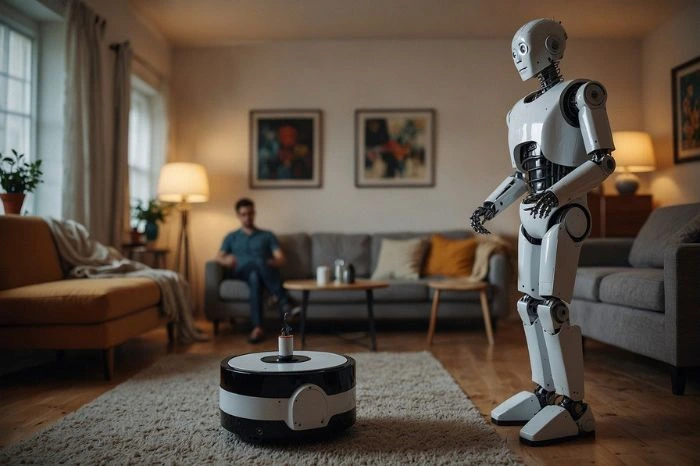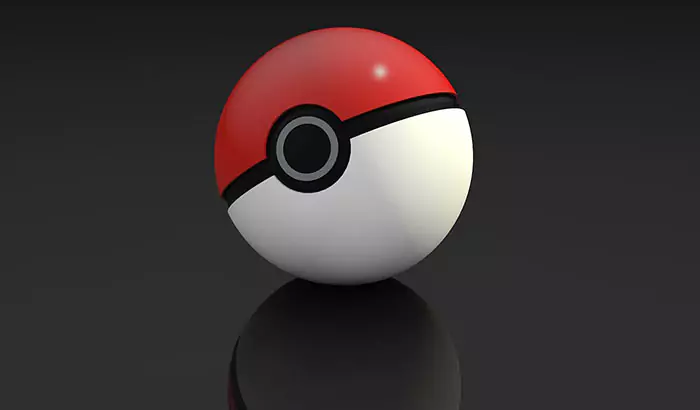A big decision from the US government’s trade agency could cause major headaches for Apple’s iPhone sales in America. The agency called the International Trade Commission (ITC), has made a preliminary ruling that says Chinese display maker BOE stole secret technology for making OLED screens from South Korean tech giant Samsung Display.
The ITC’s ruling is a win for Samsung, which first complained in October 2023. The agency believes Samsung has shown enough proof that BOE illegally used its private manufacturing methods. While this is just a first decision, the ITC rarely changes its mind in the final ruling, which is expected in November 2025. After that, the US President, Donald Trump, will have 60 days to decide whether to approve or block the proposed ban.
This could be a big deal for Apple. A few of its current iPhones, including certain iPhone 15, iPhone 16, and iPhone 16e models sold in the US, use screens made by BOE. If the ban goes through, Apple might have to send these iPhones to other countries and make sure iPhones sold in the US only use screens from its other main suppliers, Samsung Display and LG Display.
This situation is a bit different from when the Apple Watch was banned recently. That ban was about a patent, like a protected invention. This time, it’s about trade secrets, which are confidential methods for making things. Even though iPhones aren’t built in the US, and the display parts aren’t usually imported separately, the ITC’s ruling suggests the ban would cover the finished iPhones themselves if they contain the infringing displays.
BOE has been trying to get more display orders from Apple, even increasing its production recently. But compared to Samsung and LG, BOE is still a smaller player for Apple. Apple has had issues with BOE before, even cutting orders in 2022 when BOE made unapproved changes to iPhone 14 displays. It’s taken years for BOE to even get back to supplying a small number of Apple’s screens.
Adding to the complexity, BOE plans to make more advanced screens for the iPhone 17 Pro models this year, but only for the Chinese market. Apparently, those screens don’t meet Apple’s high standards for global sales.
If the ban happens, Apple might have to rely more on Samsung and LG for its iPhone screens, which could affect how much iPhones cost. Samsung Display has also taken the fight further by suing BOE in a US court, asking for money because of lost profits and other damages.
Everyone in the tech world is now watching closely. The final ITC decision in November could really shake up how Apple gets its screens for iPhones sold in the US.



